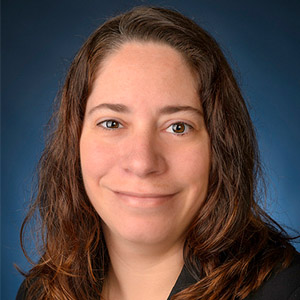
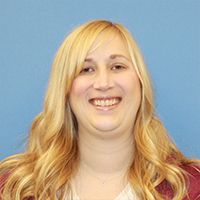

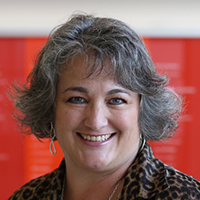
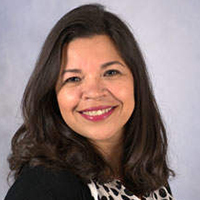

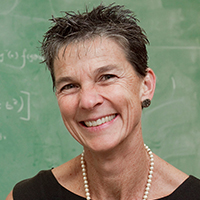
Leigh M. Harrell-Williams (U Memphis), Jennifer Lovett (MTSU), Oguz Koklu (UGA), Hollylynne Lee (NC State), M. Alejandra Sorto (TX State), Rebecca L. Pierce (Ball State), Lawrence M. Lesser (UTEP), and Christine Franklin (UGA)
Abstract
The focus on K-12 mathematics teacher preparation and professional development to teach statistics has increased with the inclusion of statistics content in the 6-8 and high school data analysis strands of the Common Core State Standards for Mathematics (CCSSM) (National Governors Association, 2010). Central to teacher preparation, professional development, and K-12 student learning is the concept of teacher efficacy or “teachers' perceptions of their resources and strategies for bringing about student behavioral and instructional outcomes” (Tshannen-Moran & Woolfolk Hoy, 2001). Levels of teacher efficacy are related to teachers’ content knowledge, pedagogical content knowledge, and beliefs and attitudes regarding content (Cakiroglu, 2000; Gresham, 2008; Huinker & Madison, 1997; Swars, 2005; Wenta, 2000). This session presents research on several aspects of K-12 mathematics teacher efficacy to teach statistics centered around the Self-Efficacy to Teach Statistics (SETS) instruments: concepts the teachers feel most and least efficacious about teaching, the factors that teachers indicate as assisting to or detracting from their efficacy, and how much efficacy can change as a result of a university course about teaching statistics or a professional development course. Additionally, unique aspects of a university course and a professional development MOOC will be shared. Participants in this session will be able to interact with data from the research, draw their own conclusions from the data, and contribute to a discussion about teacher efficacy and teacher development. Participants are encouraged to bring their laptops to fully participate in this session. This session is part of multiple sessions on K-12 Teacher Development.
